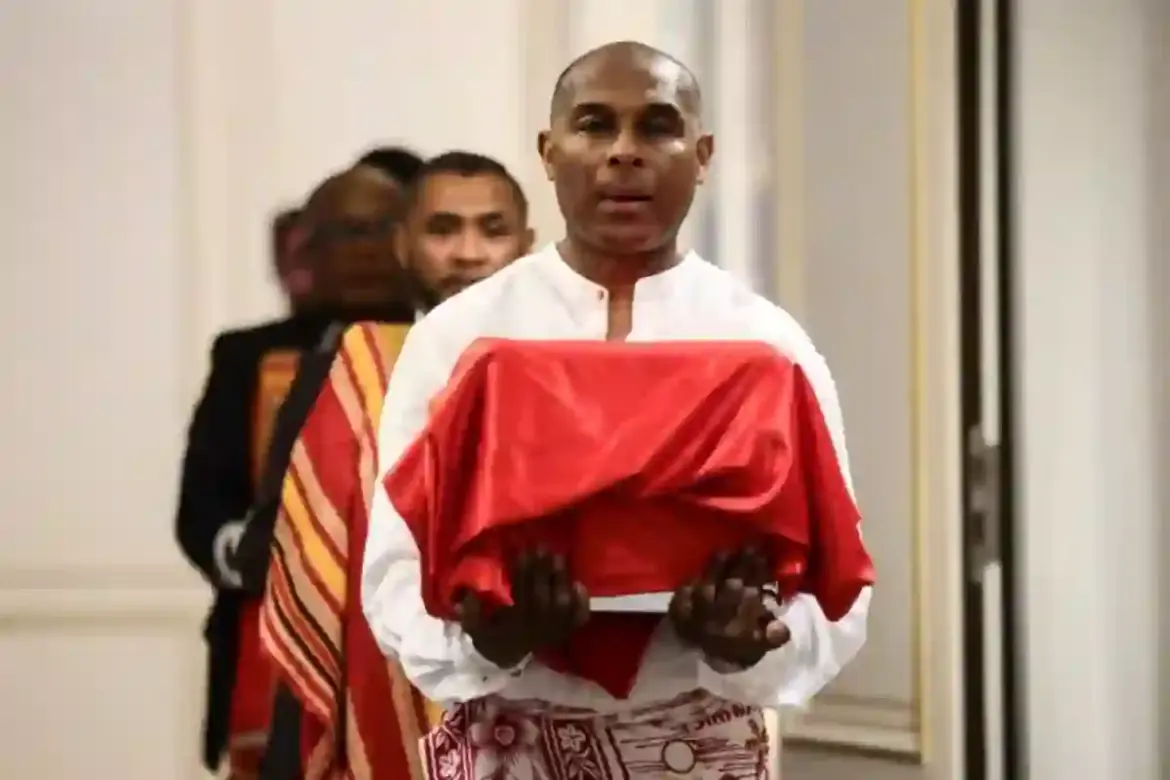For over a century, the remains of King Toera and two other Sakalava individuals have been far from home, kept in France after a violent colonial-era episode.
Now, history is taking a step toward reconciliation as France prepares to repatriate the skulls to Madagascar on 30 August 2025.
This moment marks a significant gesture of healing between the two nations, as the remains, taken by French forces in 1897, finally make their way back to the island.
A Brutal Chapter in Madagascar’s History
Back in 1897, French troops invaded the village of Ambiky during their colonial campaigns.
In the violence that followed, King Toera was beheaded alongside two other Sakalava individuals.
The French transported the skulls to Paris, storing them as so-called war trophies in the National Museum of Natural History.
This act, emblematic of the era’s brutality, left a deep wound in the heart of the Sakalava people and Madagascar as a whole.
A New Era for Repatriation
The return is made possible under a 2023 French law designed to simplify the repatriation of human remains from public collections.
This legislation represents a shift in how France addresses the colonial legacy.
French Culture Minister Rachida Dati called the acquisition of the skulls a violation of human dignity and acknowledged it as part of the broader history of colonial violence.
Healing a Century-Old Wound
Madagascar’s Culture Minister, Volamiranty Donna Mara, described the handover as “an immensely significant gesture.”
She explained that the island has carried an open wound in its heart for more than 100 years because of their absence.
A joint scientific committee examined the skulls before the handover.
Though some tests were inconclusive, a traditional spirit medium confirmed that they indeed belonged to the Sakalava people, providing spiritual closure to the community.
Presidential Recognition and Steps Forward
French President Emmanuel Macron has publicly acknowledged the abuses committed during France’s colonial era in Africa.
During his visit to Madagascar in April, he spoke of seeking forgiveness for France’s “bloody and tragic” colonisation.
The return of King Toera’s remains is just one part of a broader effort to reconcile with colonial history and set a precedent for other repatriations in the future.
What This Means for Other Colonial-Era Artefacts
The handover raises questions about the fate of countless other artefacts and human remains taken during colonial campaigns.
Experts and communities alike are watching closely to see how France addresses these historical injustices going forward.



